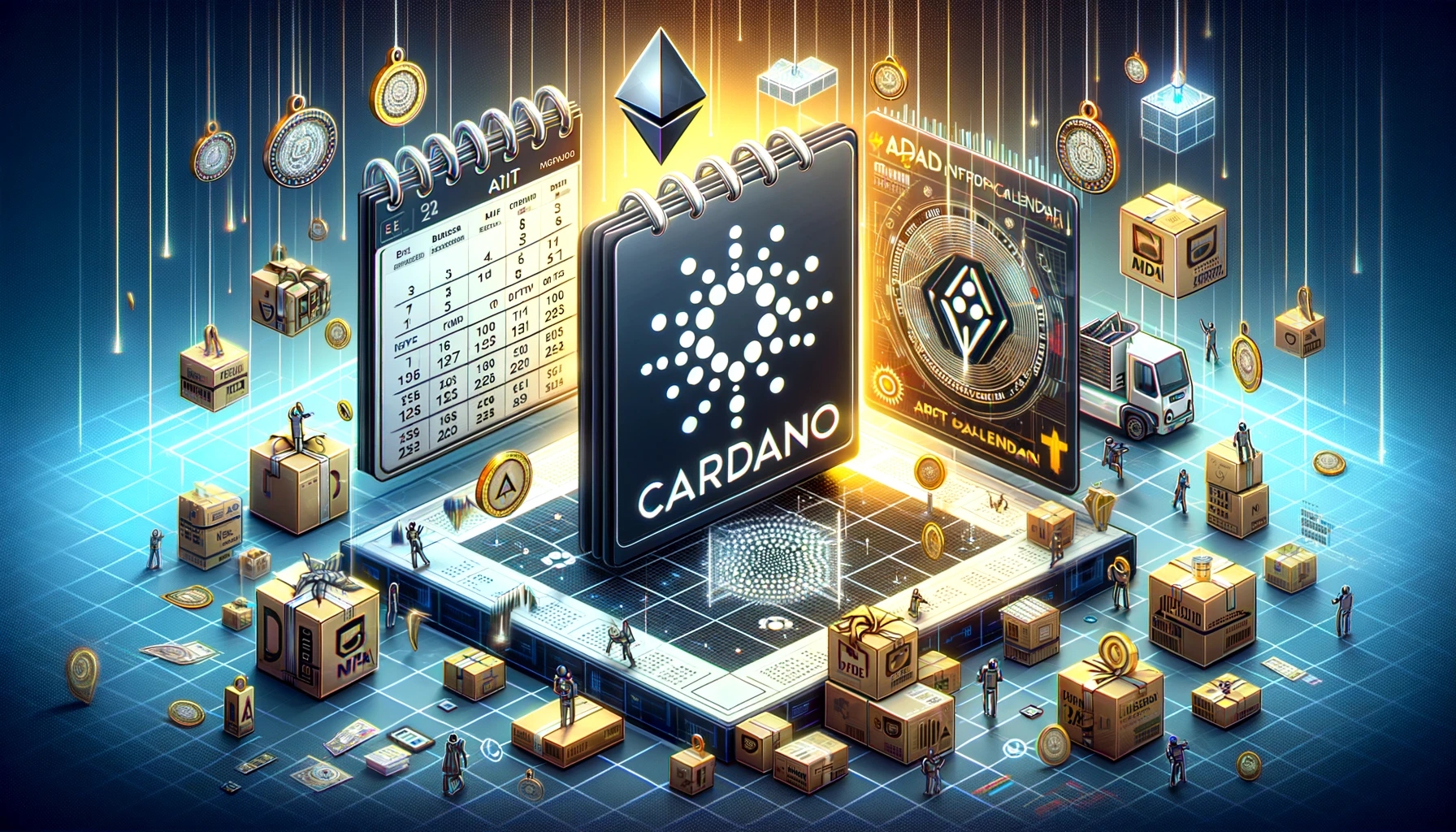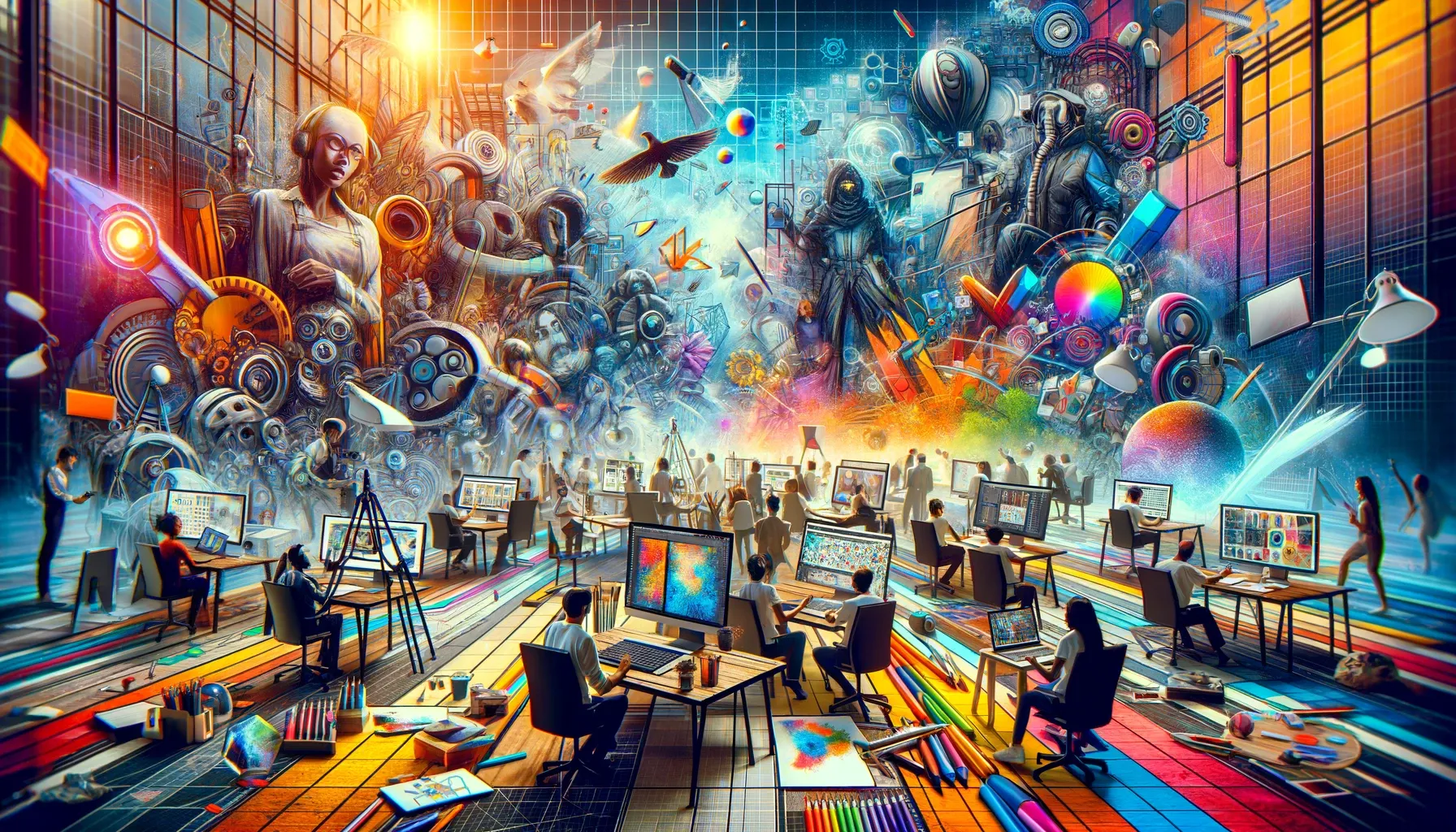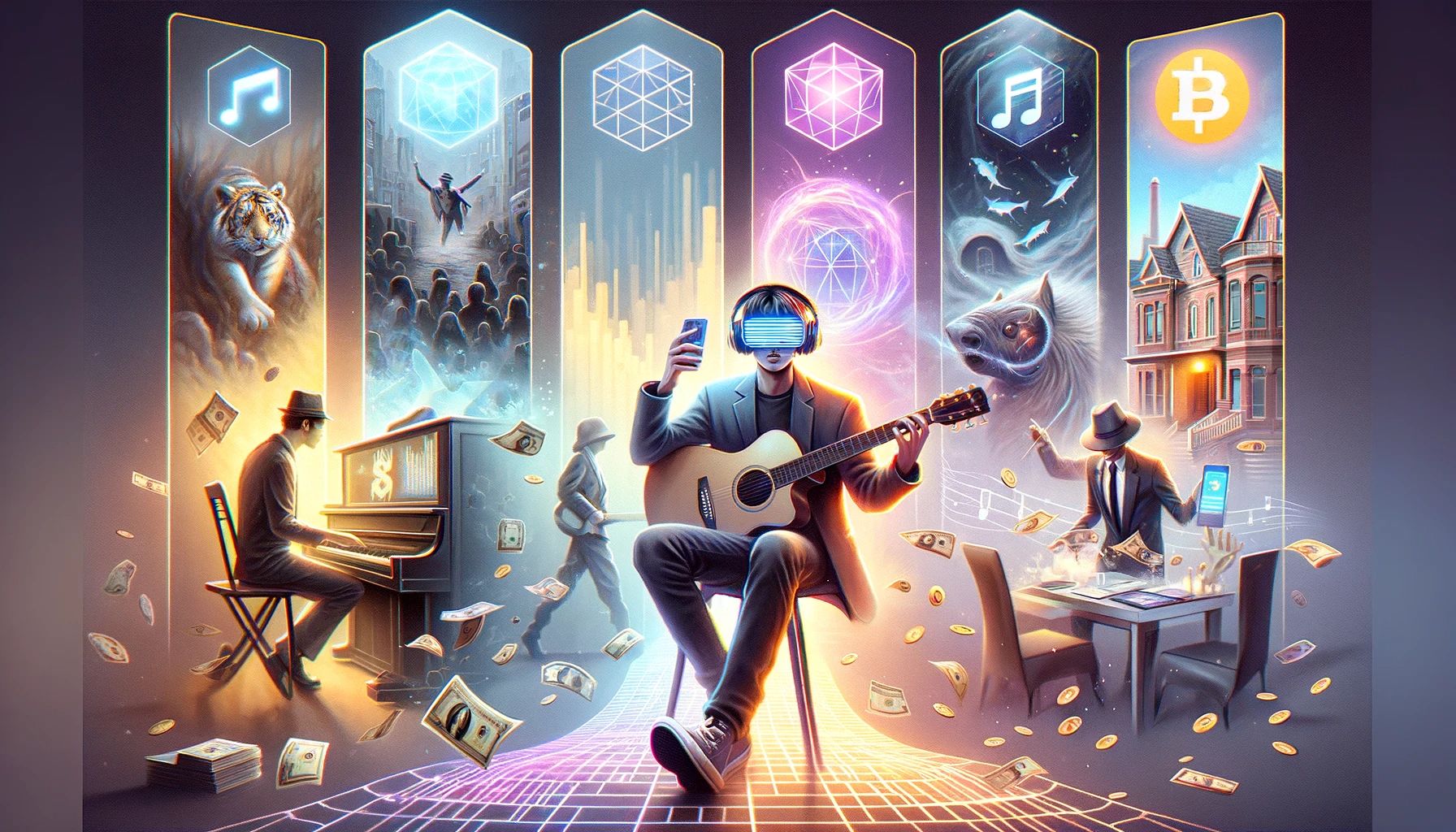The Future of Gaming is Shifting to Decentralized Economies, NFT Marketplaces and the Metaverse
May 17, 2022 - 4 min read
Decentralization offers a new world of potential for video and interactive game play for users and creators alike.

The below article is a sponsored post.
Introduction
The gaming industry is one of the biggest beneficiaries of the covid-19 pandemic; according to Statista, the time spent playing video games doubled in 2020 to record one of the highest growth rates within the past decade. This burgeoning industry is now worth $198 billion, with projections showing it could hit $339 billion by 2027.
While there has been increased traction, Web 2.0 video games such as Call of Duty and Fortnite are yet to introduce value-added economies for in-game items. As it stands, these leading combat-style games only provide immersive experiences, some of which require gamers to spend an extra dollar in acquiring more advanced weapons and skins.
Is this model fair to the average gamer? Focusing on the experience alone, one can argue that the prevailing Web 2.0 gaming infrastructure serves its purpose. However, we are entering the Web 3.0 era, a decentralized future where gamers can exchange in-game items or use them across several gaming ecosystems.
The Flaw in Web 2.0 Games
Most of the existing Web 2.0 games feature a free-to-play ecosystem, meaning that anyone can participate without a starting capital. That said, there is a catch; games such as Fortnite and CoD have integrated advanced in-game items that can only be acquired by spending the dollar. An approach that has been criticized by some of the industry stakeholders.
For instance, CoD warzone bundles cost between $10 to $20 depending on the underlying attributes of a particular bundle. While gamers do not have to purchase all the bundles, it would cost a total of over $6000 to unlock most of the in-game items. Meanwhile, centralized gaming publishers such as Activision Blizzard and Ubisoft take home the lion's share of the revenues.
Despite being the status quo, this model is fundamentally flawed and clearly favors corporations over gamers. What if the video game industry adopted decentralized economies where in-game items have both an internal and external value? The revolution is already happening, NFTs and the metaverse are setting the stage for the next era of digital gaming.
Web 3.0; The Future of Gaming Economies
For those who are yet to encounter this concept, Web 3.0 is the third generation of the internet. Unlike its predecessor, this futuristic iteration is built on distributed infrastructures (the blockchain) and run by communities instead of centralized entities. It has become popular within the crypto community and the gaming industry.
So, what is the relation between Web 3.0 and video games? As mentioned earlier, Web 3.0 introduces decentralized gaming economies for value addition. Most of the games that have been built on the decentralized web feature NFT marketplaces, enabling users to purchase or sell their in-game items.
Today, it is possible for gamers to trade digital firearms on NFT marketplaces such as Digital Arms. This web 3.0 gaming economy is powered by the $HNTR token which acts as a decentralized gateway to its exclusive digital firearms market. Notably, these in-game items can be used across several gaming ecosystems or staked to generate a passive income.
Compared to Web 2.0, the decentralized gaming industry not only provides an opportunity to reap a quantifiable value from in-game items but for collectors to access rare digital collectibles. One can think of it as a card collection, with the only difference being that NFT collections can be swapped in decentralized marketplaces.
Conclusion
Crypto as an ecosystem has shown the potential of changing the economics of the gaming industry. With both sectors expected to grow bigger, it is not a surprise that even tech companies like Microsoft are making significant in-roads into the NFT and metaverse space. The tech giant recently proposed to buy CoD’s publisher, Activision Blizzard, to start building on the metaverse.
“When we talk about the metaverse, we’re describing both a new platform and a new application type, similar to how we talked about the web and websites in the early ’90s,” noted Microsoft's CEO Satya Nadella in a keynote transcript.
Given such developments, signs on the wall show that the next era of games will likely be built on the decentralized web. A future where gamers get to experience immersive gameplays while making an extra dime, the play-to-earn economy.
Newsletter
Enter your email address below to subscribe to my newsletter
latest posts





